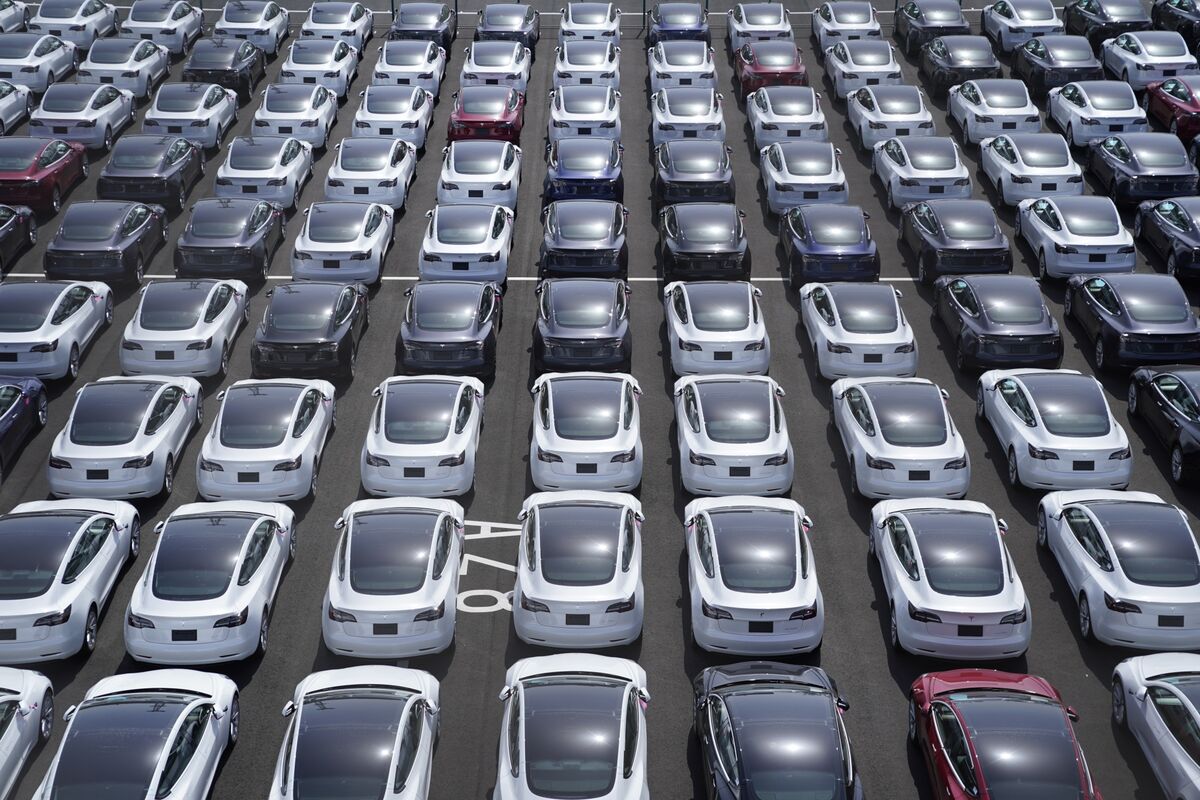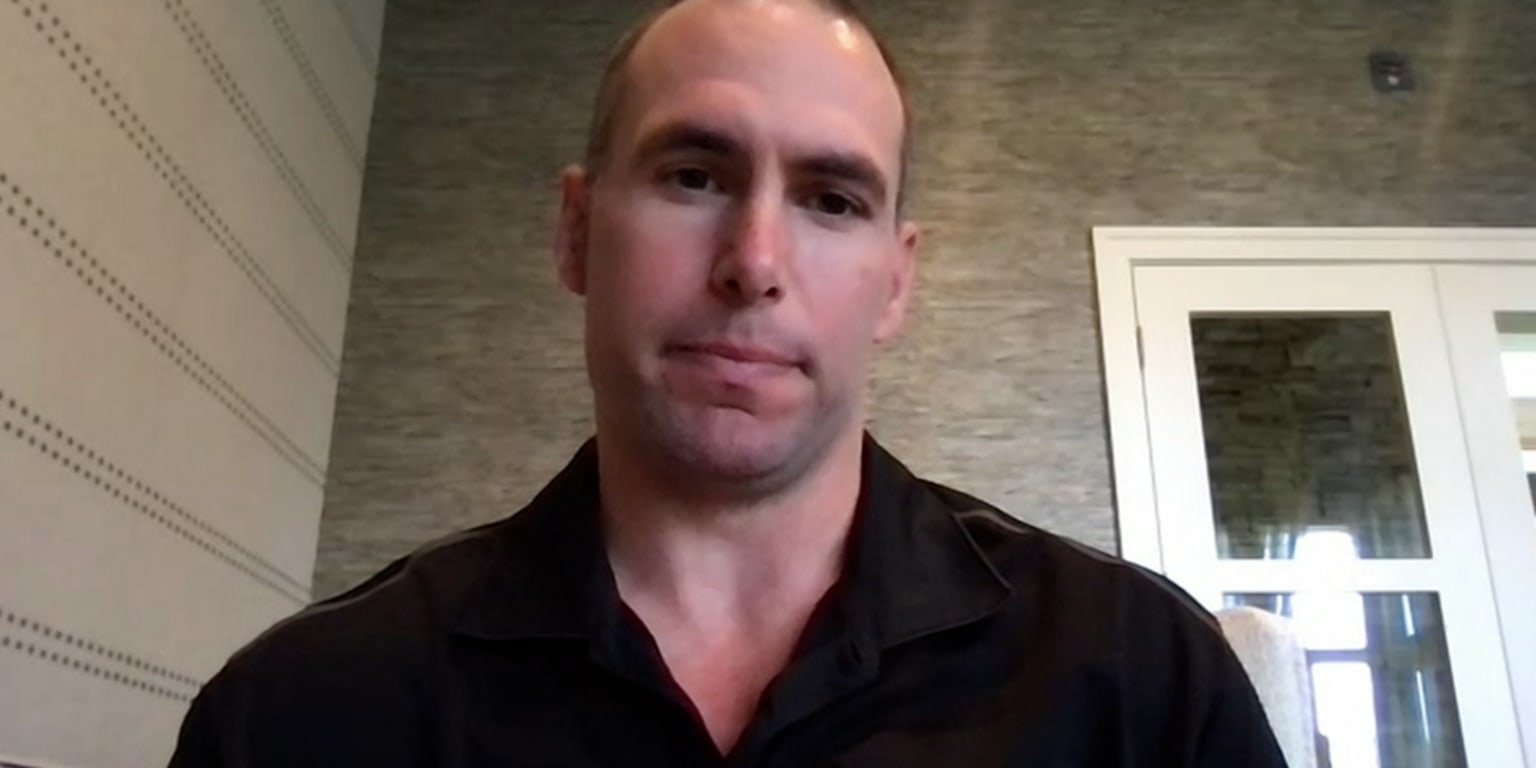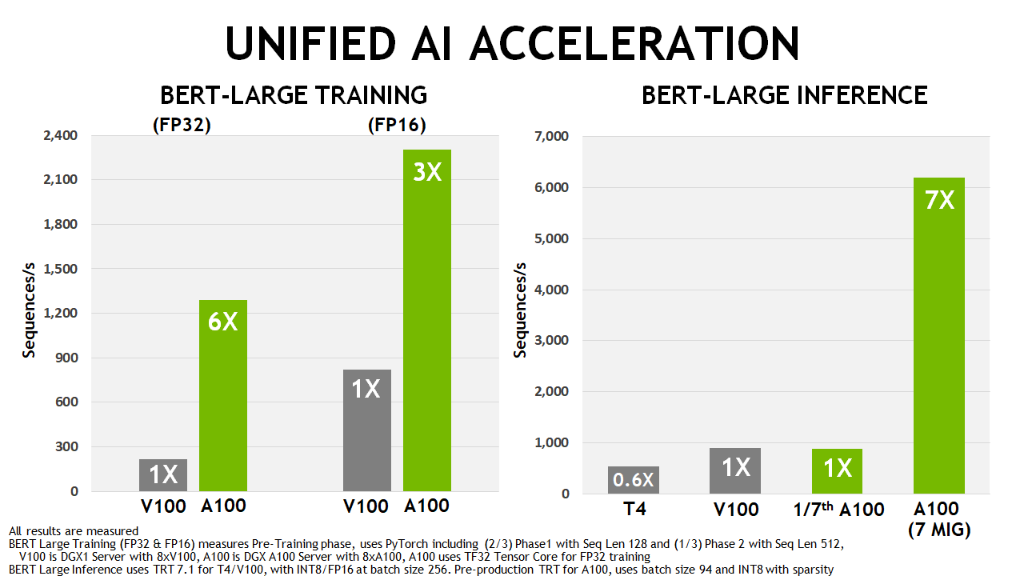Dealers Intensify Fight Against EV Sales Mandates

Table of Contents
Financial Concerns and Infrastructure Limitations
Dealerships face significant financial hurdles in adapting to the new EV landscape. The transition requires substantial upfront investment, creating a considerable financial burden for many. These costs include:
- Training technicians: EV repair and maintenance require specialized skills and training, demanding investment in comprehensive training programs for dealership staff. This represents a significant cost for both personnel time and specialized training materials.
- Upgrading facilities: Dealerships must upgrade their facilities to accommodate EV charging infrastructure. This includes installing high-power chargers, upgrading electrical grids, and potentially expanding service bays. The cost of this infrastructure upgrade can be substantial, particularly for larger dealerships with extensive service departments.
- Investing in new inventory: Stocking a sufficient inventory of EVs requires a significant capital investment, particularly given the higher purchase prices of many electric vehicles compared to their gasoline counterparts. This requires dealers to secure financing and manage their inventory effectively to avoid losses.
Furthermore, the lack of widespread charging infrastructure across many regions presents a significant obstacle. This infrastructure limitation hinders EV adoption and creates challenges for both dealers and consumers. The absence of readily available public charging stations, especially in rural areas, creates range anxiety among potential EV buyers, dampening consumer demand. This lack of sufficient charging infrastructure directly impacts a dealer’s ability to effectively sell and service EVs. The necessary investments to address this shortfall are immense and unevenly distributed.
Consumer Demand and Market Readiness
While governments push for aggressive EV sales mandates, the question of actual consumer demand remains critical. Current consumer demand for EVs does not necessarily align with the ambitious targets set by these mandates. Several factors contribute to consumer hesitancy:
- Range anxiety: Concerns about the driving range of EVs, particularly on long journeys, remain a significant barrier to adoption. This is particularly relevant in areas with limited charging infrastructure.
- Charging times: The longer charging times compared to refueling gasoline vehicles discourage some consumers, particularly those with busy lifestyles.
- EV purchase price: The higher upfront cost of many EVs compared to gasoline-powered vehicles remains a major deterrent for many potential buyers.
If mandates push EV adoption beyond genuine consumer demand, it could lead to market saturation, impacting dealerships’ ability to sell their inventory and potentially resulting in financial losses. A balanced approach that considers real-world consumer behavior and market readiness is crucial.
Legal Challenges and Lobbying Efforts
Faced with what they perceive as unrealistic mandates, many dealerships are pursuing legal challenges and engaging in intense lobbying efforts. Dealer associations and industry groups are actively working to influence policymakers and challenge the regulations they deem impractical or detrimental.
- Legal actions: Several lawsuits have been filed, challenging the legality and practicality of certain EV sales mandates. These lawsuits often focus on issues like the lack of market readiness and the disproportionate impact on smaller dealerships.
- Lobbying efforts: Intensive lobbying efforts are underway to persuade lawmakers to reconsider the mandates or implement them more gradually, allowing for a smoother transition. These efforts focus on showcasing the economic realities faced by dealerships and the potential negative consequences of rapid, forced adoption.
These combined legal challenges and lobbying efforts highlight the significant resistance to the mandates within the automotive industry.
The Impact on Small and Rural Dealerships
The impact of EV sales mandates is particularly acute for smaller dealerships and those located in rural areas. These dealerships face significant challenges in meeting the requirements of the mandates due to:
- Infrastructure disparity: The cost of upgrading facilities to accommodate EV charging infrastructure can be disproportionately high for smaller dealerships with limited resources.
- Lower consumer demand: Consumer demand for EVs is typically lower in rural areas due to factors like lower population density, longer distances between destinations, and limited charging infrastructure. This lower demand further amplifies the already existing financial pressures.
- Regional market differences: The mandates often fail to account for the unique challenges and market dynamics of different regions, exacerbating the difficulties faced by rural dealerships.
Conclusion: The Future of EV Sales and Dealer Resistance
The transition to electric vehicles is inevitable, but the current approach to implementing EV sales mandates is raising serious concerns among car dealerships. The financial burdens of upgrading facilities, the lack of sufficient charging infrastructure, and the uncertain consumer demand create significant obstacles. The legal challenges and lobbying efforts underscore the depth of the resistance. Policymakers must acknowledge these concerns and work collaboratively with dealerships to ensure a smooth and successful transition. Ignoring the concerns of dealerships in implementing EV sales mandates risks disrupting the automotive industry and hindering the wider adoption of electric vehicles. Open dialogue and a balanced approach that considers the practical realities faced by dealerships are crucial for a successful transition to a sustainable automotive future. Let's continue the conversation about finding solutions that address both environmental goals and the economic realities of the car dealership sector.

Featured Posts
-
 Xs Financial Restructuring Insights From Musks Recent Debt Sale
Apr 28, 2025
Xs Financial Restructuring Insights From Musks Recent Debt Sale
Apr 28, 2025 -
 Analysis Chinas Selective Tariff Cuts For Us Made Goods
Apr 28, 2025
Analysis Chinas Selective Tariff Cuts For Us Made Goods
Apr 28, 2025 -
 Unionized Starbucks Stores Reject Companys Wage Guarantee
Apr 28, 2025
Unionized Starbucks Stores Reject Companys Wage Guarantee
Apr 28, 2025 -
 Crucial Hits How Judge And Goldschmidt Saved The Yankees Series
Apr 28, 2025
Crucial Hits How Judge And Goldschmidt Saved The Yankees Series
Apr 28, 2025 -
 Understanding The Recent Surge In Gpu Costs
Apr 28, 2025
Understanding The Recent Surge In Gpu Costs
Apr 28, 2025
Latest Posts
-
 Red Sox Lineup Shakeup Casas Demoted Struggling Outfielder Returns
Apr 28, 2025
Red Sox Lineup Shakeup Casas Demoted Struggling Outfielder Returns
Apr 28, 2025 -
 Is This Red Sox Outfielder The Next Jarren Duran A Breakout Season Prediction
Apr 28, 2025
Is This Red Sox Outfielder The Next Jarren Duran A Breakout Season Prediction
Apr 28, 2025 -
 Orioles Announcers Jinx Finally Snapped After 160 Game Streak
Apr 28, 2025
Orioles Announcers Jinx Finally Snapped After 160 Game Streak
Apr 28, 2025 -
 Orioles Broadcasters Jinx Broken 160 Game Hit Streak Ends
Apr 28, 2025
Orioles Broadcasters Jinx Broken 160 Game Hit Streak Ends
Apr 28, 2025 -
 2000 Yankees Examining Joe Torres Leadership And Andy Pettittes Performance Against Minnesota
Apr 28, 2025
2000 Yankees Examining Joe Torres Leadership And Andy Pettittes Performance Against Minnesota
Apr 28, 2025
